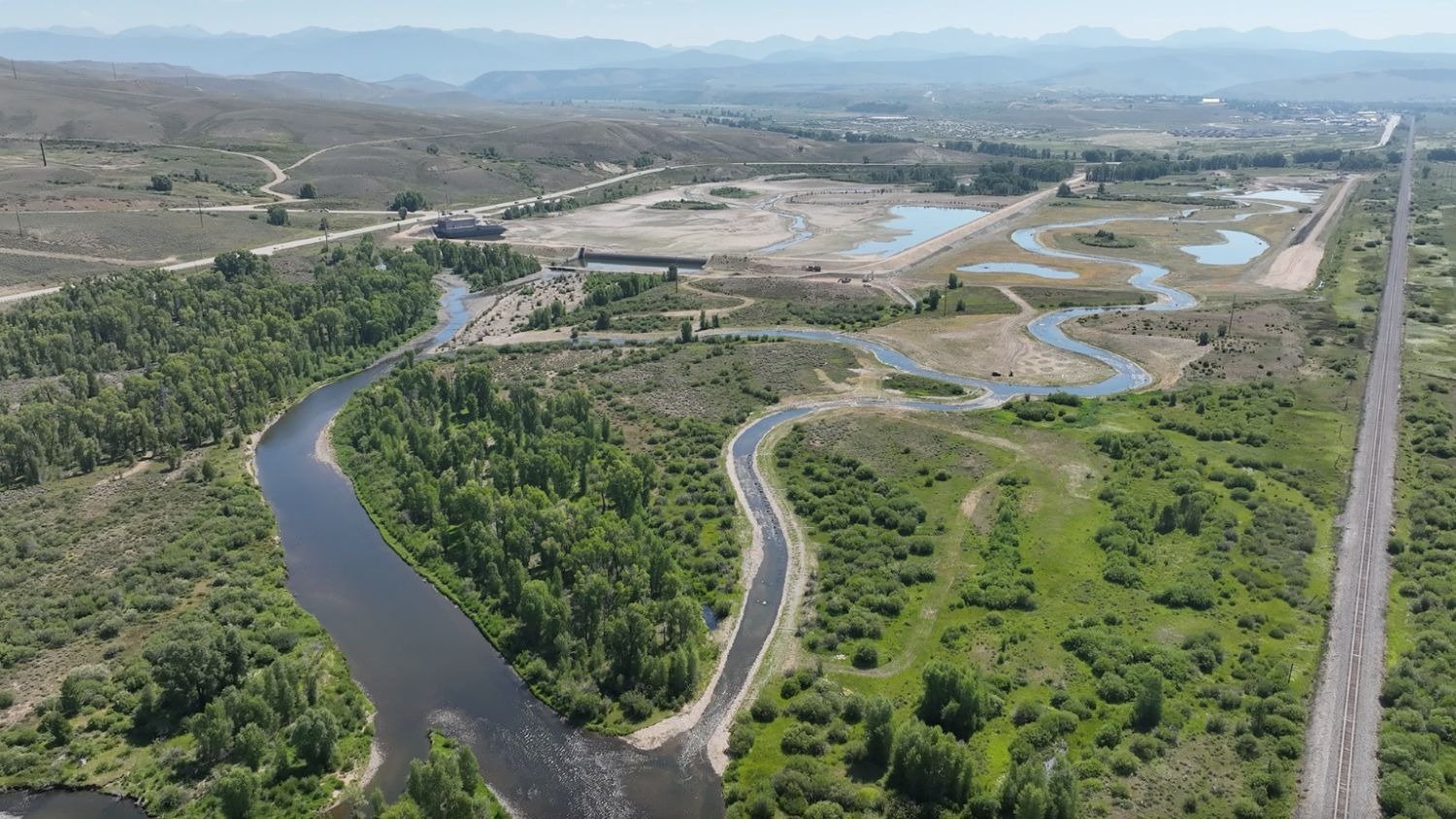South Platte River under siege by trash
By Scott WilloughbyThe Denver Post
"It's the most degraded river in the state for sure," Kahn said. "What this could be — should be — is a recreational paradise. It's right in the middle of town, and people should be out here able to use it without worrying about their kids getting sick and without seeing all kinds of nasty debris on the side of the river."
With that in mind, Confluence Kayaks has teamed up with Denver Parks and Recreation partners at The Greenway Foundation and river stakeholders such as Colorado Whitewater and Denver Trout Unlimited (TU) to form an entity known as Protect our Urban River Environment, or PURE. PURE has initiated efforts to work with municipal leaders along the South Platte in Arapahoe, Denver and Adams counties to increase the focus on preventing trash and debris from getting into the river and its tributaries, as well as the actual removal.
The first step, organizers say, is to retrofit sewage and storm-water outfall pipes with pollutant traps designed to collect the garbage before it flows into the river, rather than pulling it out piece by piece. The group has approached the state's Water Quality Control Commission about listing the river as "impaired" because of the amount of trash. The river is undergoing an EPA-enforced effort to reduce levels of E. coli and other pathogens, and PURE would like to see a similar Total Maximum Daily Load established for trash.
"We were encouraged by the momentum that these guys had established and encouraged them to work to develop an appropriate benchmark to list something for trash," said Andrew Todd, a Water Control Commissioner and TU member who took part in Sunday's cleanup.







